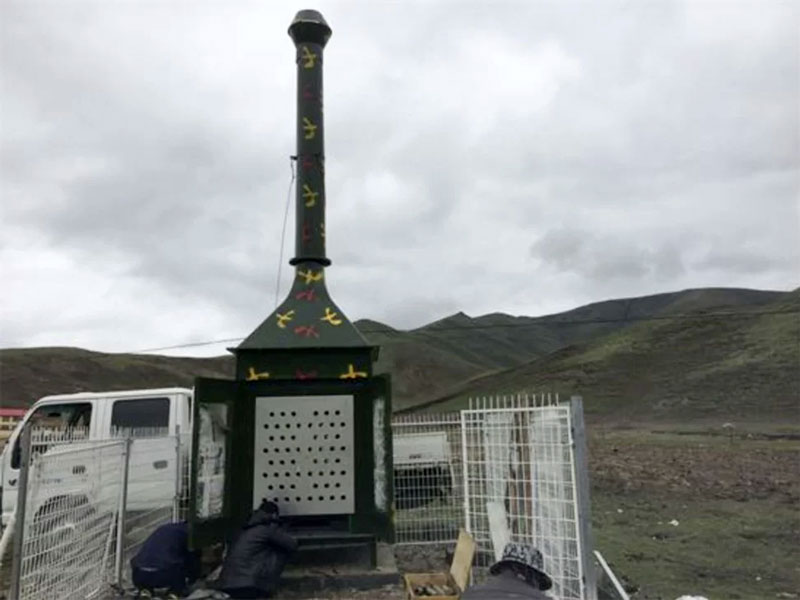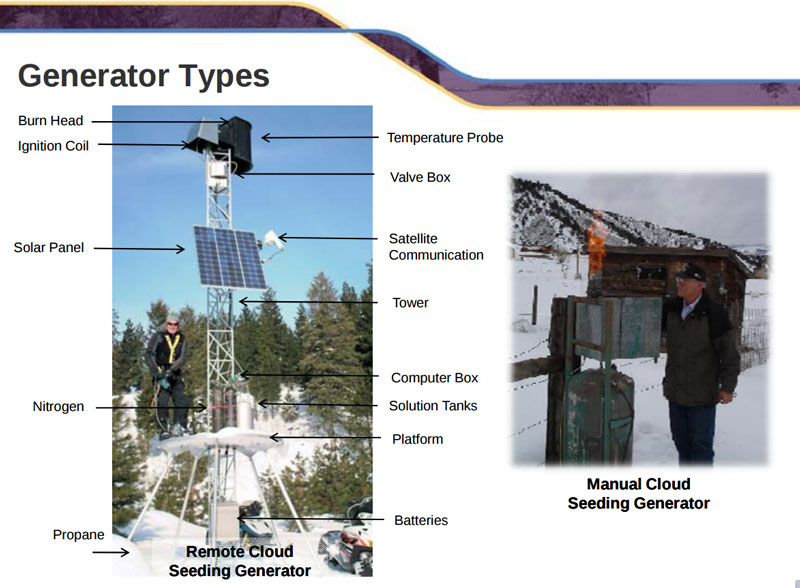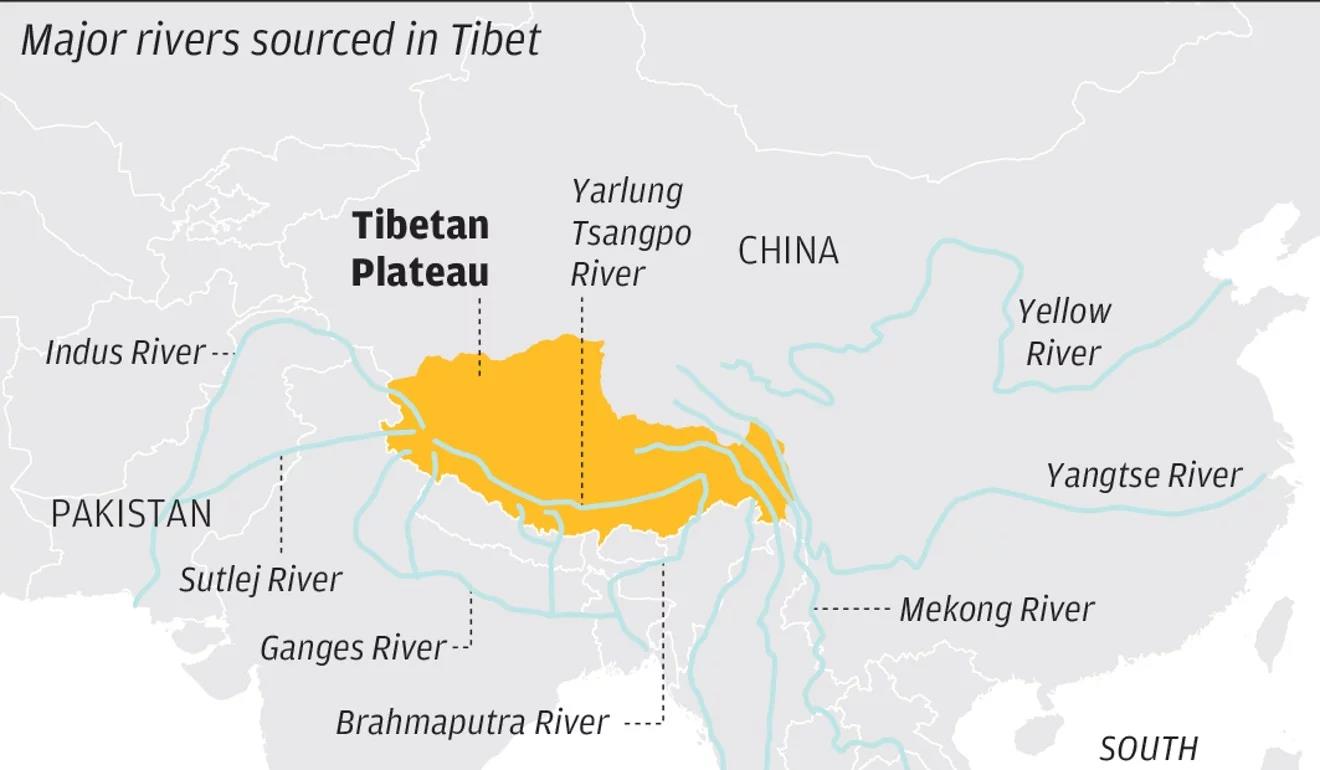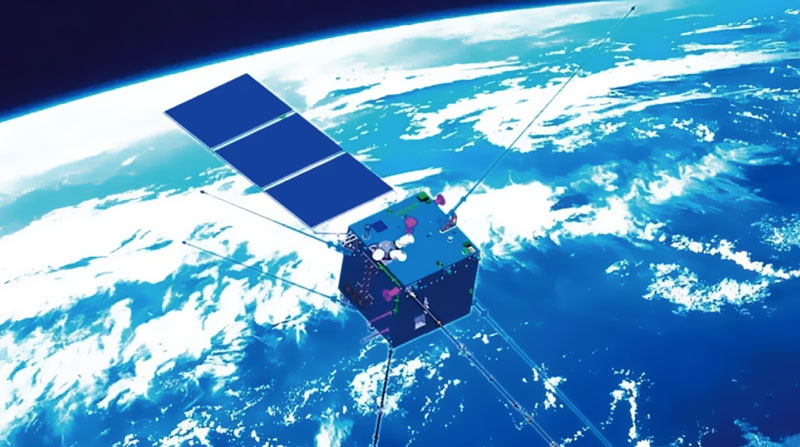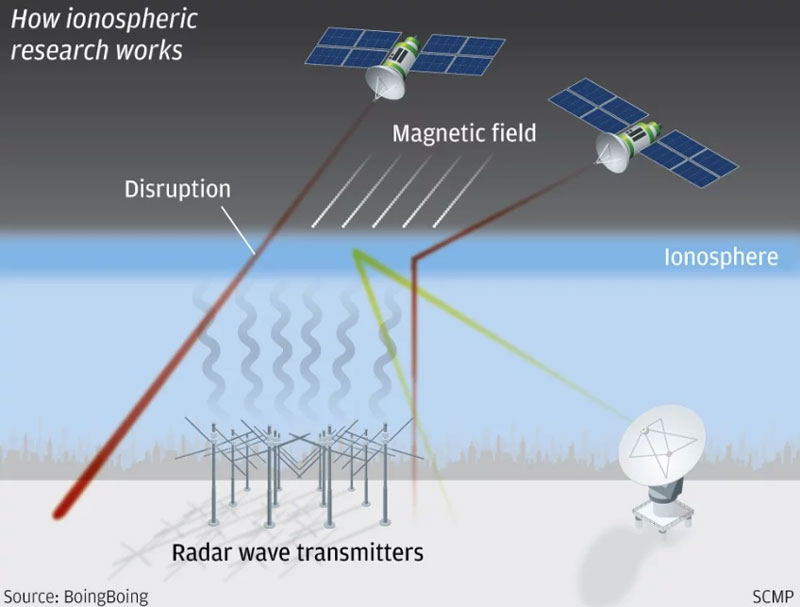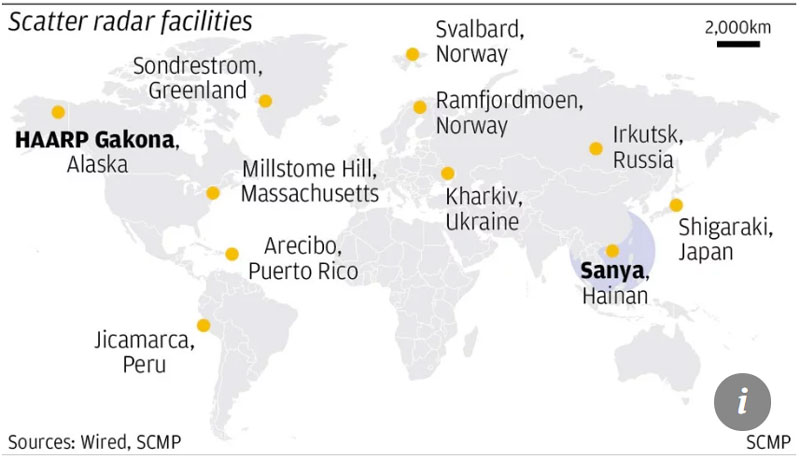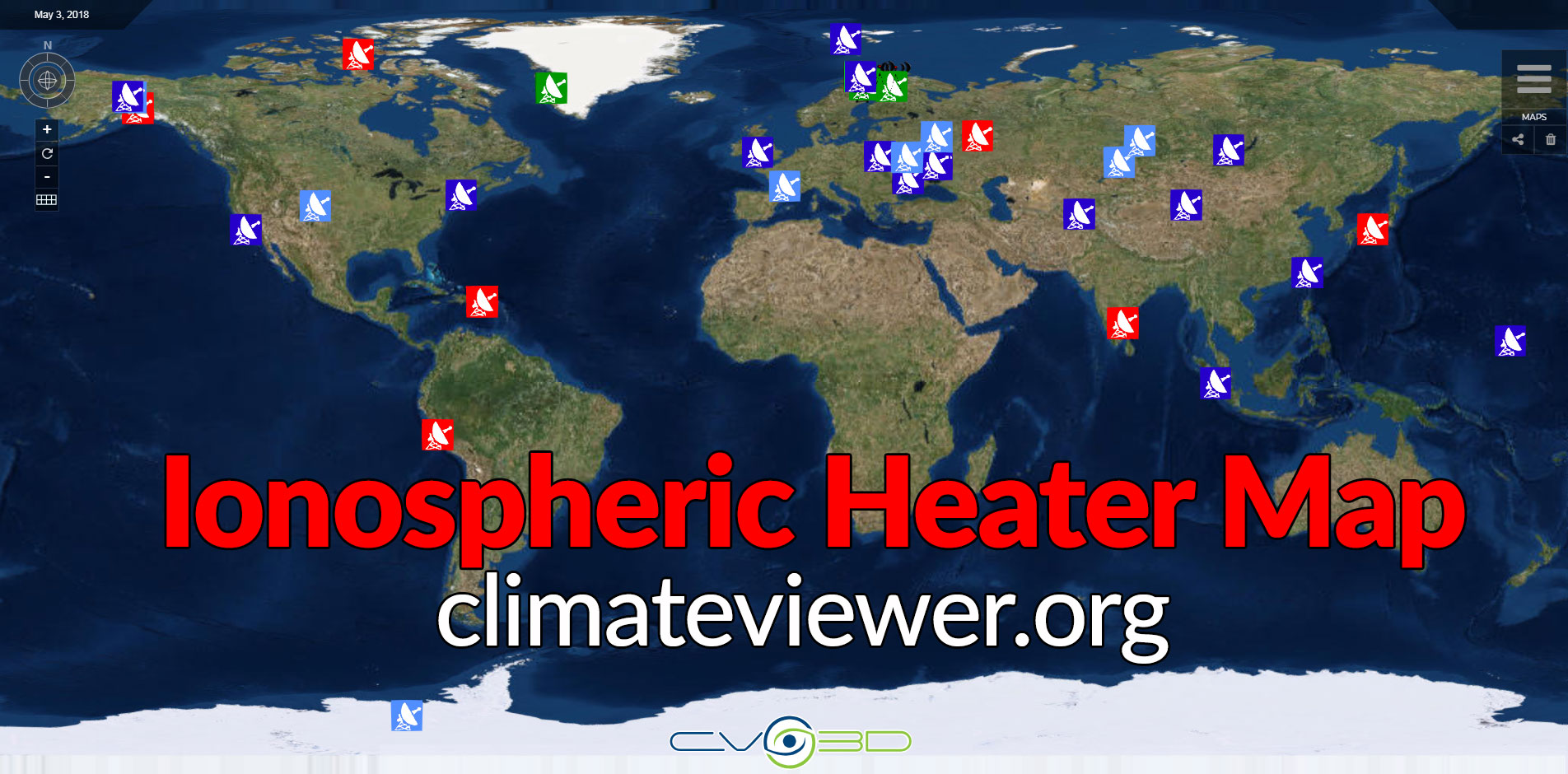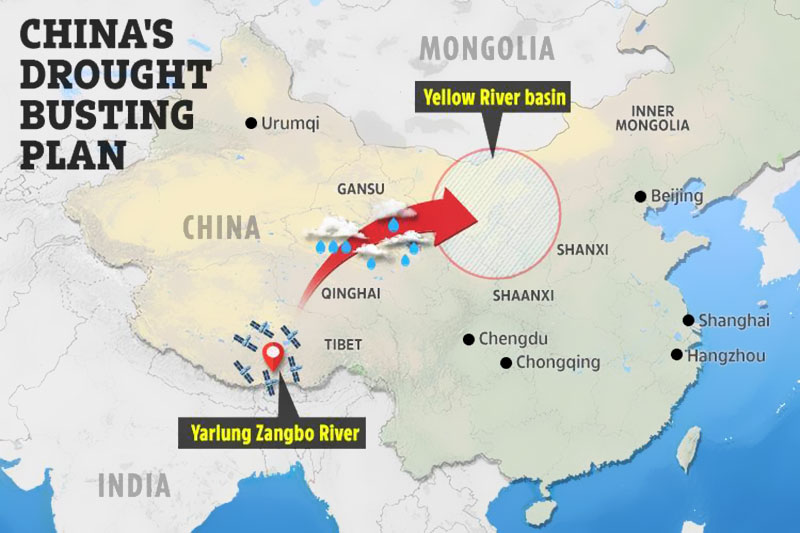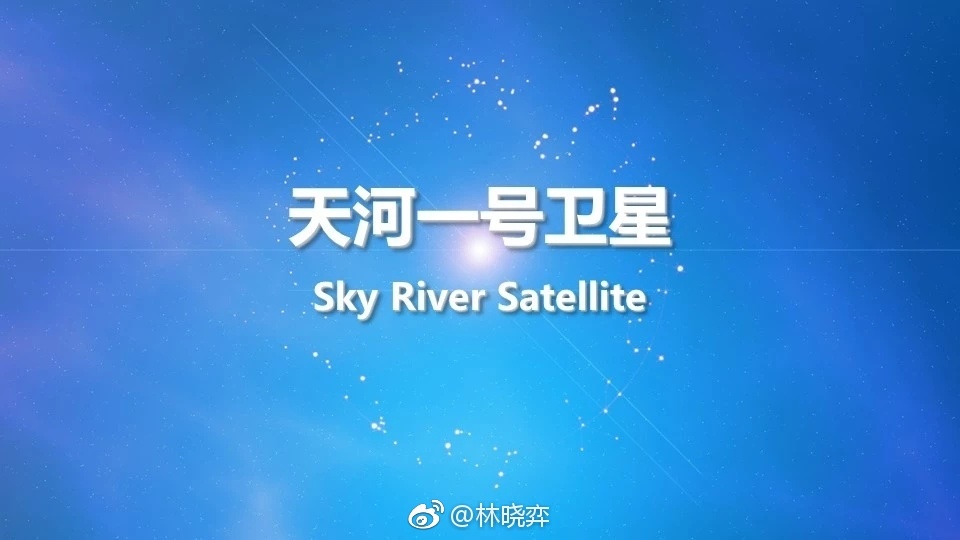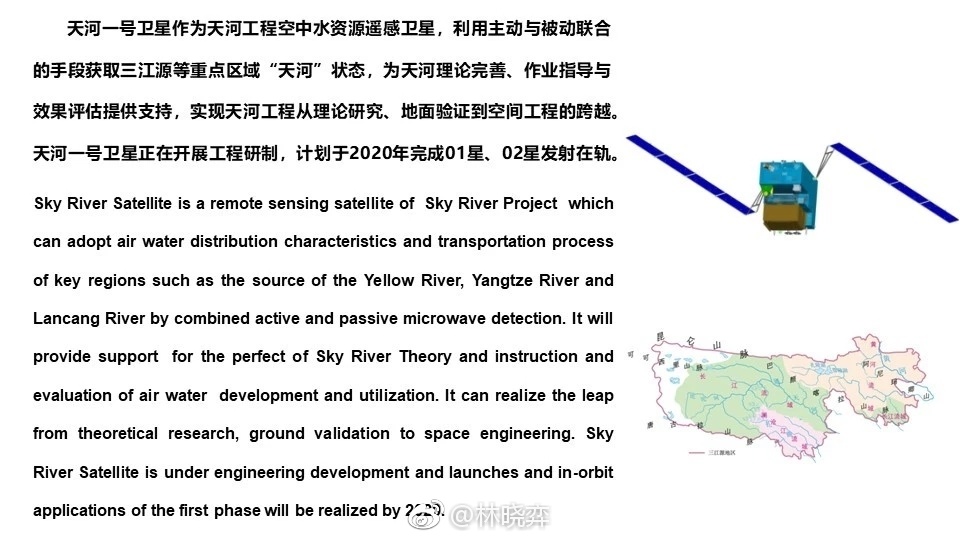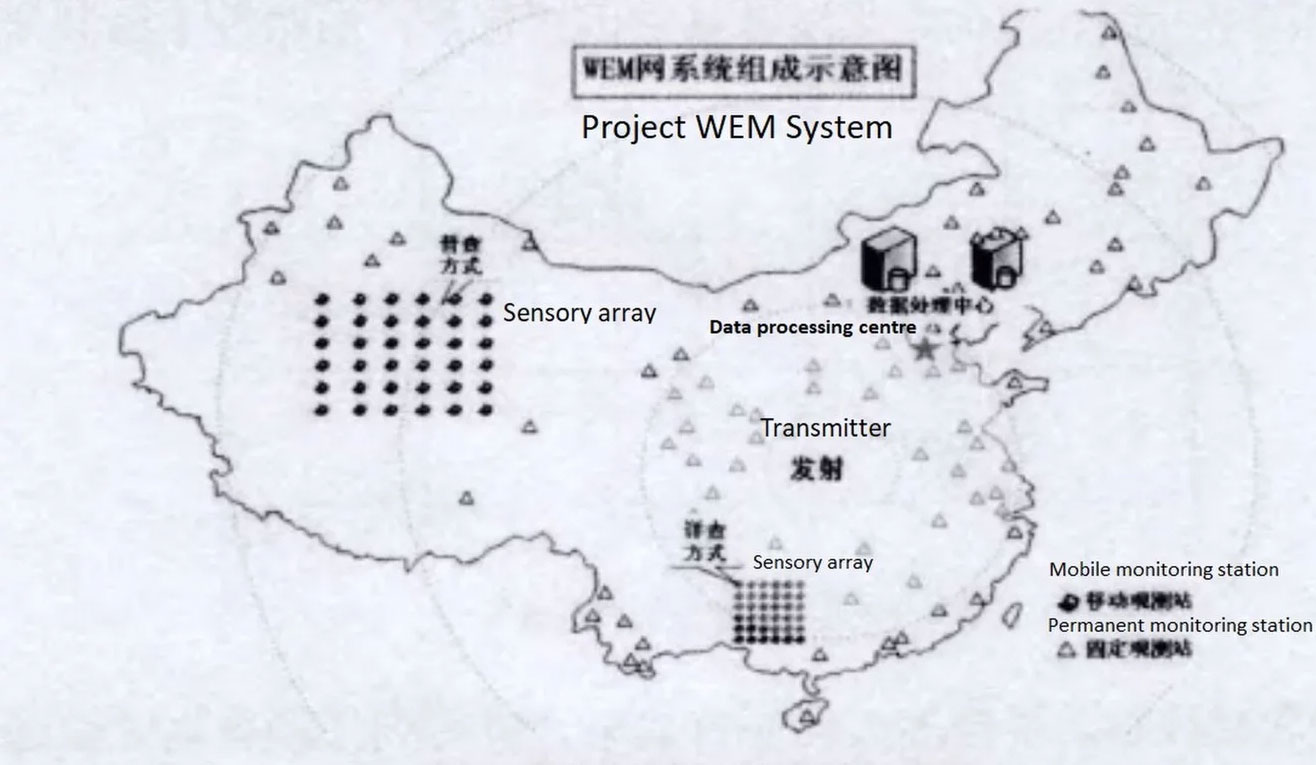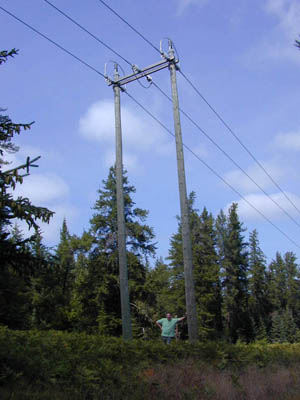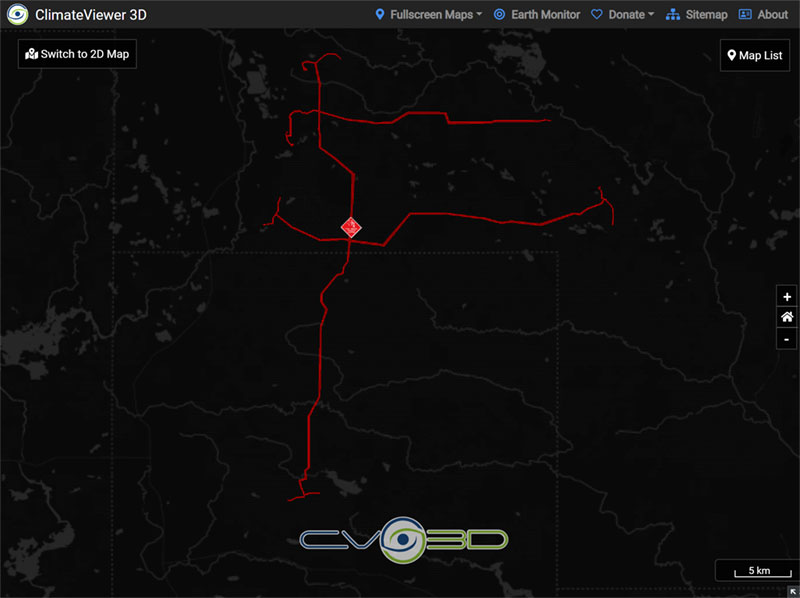Scholars have pointed out that China’s conduct with respect to COVID-19 (and the novel coronavirus SARS-CoV-2) violated the International Health Regulations, in particular the obligations of timely notification and information-sharing in Articles 6 and 7 (see, for example, here and here). Had China complied with these obligations, there would be exponentially fewer cases of COVID-19 today. This has led another scholar to state that China “has to be sued for the enormous damages they caused to the world”, and to warn China that “the lawyers are coming”. Nevertheless, all of these scholars have one thing in common: they fail to identify a jurisdictional basis for an international court or tribunal to hold China responsible for these violations. At least two scholars have pointed to the dispute settlement mechanism in Article 56 of the International Health Regulations (see here and here), but that mechanism provides for arbitration only in the event that China consents, which, needless to say, is very unlikely.
A Jurisdictional Basis
There is, however, a jurisdictional basis that has been overlooked: Article 75 of the WHO Constitution. Article 75 provides: “Any question or dispute concerning the interpretation or application of this Constitution which is not settled by negotiation or by the Health Assembly shall be referred to the International Court of Justice ….” Indeed, the Court itself has acknowledged that “Article 75 of the WHO Constitution provides for the Court’s jurisdiction” (Armed Activities (New Application), Jurisdiction and Admissibility, Judgment, para. 99). Moreover, if the Court interprets Article 75 the same way it interpreted Article 22 of the CERD (Ukraine v. Russia, Preliminary Objections, Judgment, para. 113), then a State would only need to satisfy the negotiation condition in order to sue China before the Court; it would not need to go through the World Health Assembly.
The more difficult question is this: how can a State frame its complaint over China’s conduct as one concerning the interpretation or application of the WHO Constitution? The WHO Constitution does not appear to contain substantive obligations of international health law. Rather, as its name suggests, it is primarily concerned with establishing a constitutional framework, dealing with matters such as membership and institutional structure. All this said, there appear to be a few claims concerning the interpretation or application of the WHO Constitution, presented below, that a State could potentially lodge against China. I have still not formed conclusive views on the merits of these claims, but I very much welcome readers (particularly any WHO experts out there) to assess, critique, and/or supplement them in the comments section below.
Potential Claims Under the WHO Constitution
First, a State could try to claim violations of the International Health Regulations through Articles 21 and 22 of the WHO Constitution. Article 21 grants the World Health Assembly the authority to adopt regulations like the International Health Regulations, and Article 22 provides in relevant part that “[r]egulations adopted pursuant to Article 21 shall come into force for all Members after due notice has been given”. One could thus argue that, in light of Articles 21 and 22, China’s alleged violations of the International Health Regulations concern the interpretation or application of the WHO Constitution. The counterargument, however, would be that Articles 21 and 22 concern only the authority to adopt regulations and the process of the regulations “com[ing] into force”, not the legal obligation of Member States to comply with those regulations.
A State could also try to claim that China has violated Article 64 of the WHO Constitution, which provides: “Each Member shall provide statistical and epidemiological reports in a manner to be determined by the Health Assembly.” The Health Assembly has, expressly under Article 64, determined that statistics must be prepared in accordance with the Nomenclature Regulations (Nomenclature Regulations, art. 6). But one could also argue that at least some provisions of the International Health Regulations (which were also adopted by the Health Assembly), including elements of Articles 6 and 7, contribute to determining the “manner” in which “statistical and epidemiological reports” must be provided. Article 6(2), for example, requires State Parties, after notifying the WHO of an event which may constitute a public health emergency of international concern (PHEIC), to “communicate to WHO timely, accurate and sufficiently detailed public health information available to it …, where possible including … number of cases and deaths”. Article 7 is even broader, requiring State Parties, if they have evidence of an event which may constitute a PHEIC, to “provide to WHO all relevant public health information”. In light of the above, a State could potentially claim that China has violated Article 64 of the WHO Constitution by violating Articles 6 and 7 of the International Health Regulations.
Another option is to claim a violation of Article 63, which provides: “Each Member shall communicate promptly to the Organization important laws, regulations, official reports and statistics pertaining to health which have been published in the State concerned.” The claim would not concern the communication of “laws” or “regulations”, but rather that of “official reports” and “statistics”. Indeed, China allegedly withheld early reports of medical staff infections, leading the WHO to believe that human-to-human transmission was not possible. China has also allegedly been withholding “classified Chinese government data” concerning the number of asymptomatic infected persons, a crucial element in ascertaining the contagiousness of the disease. An issue with the application of Article 63, however, is that these “official reports” and “statistics” would have to have been “published” in China. It is not clear how one would define the word “published” in this context. On the one hand, one could say that it refers only to formal government publications made publicly available. On the other hand, one could say that posts by Chinese doctors on social media that have been censored by China should also be considered “published” for the purposes of Article 63.
A fourth provision that China may have violated is Article 37, which provides in relevant part: “Each Member of the Organization … undertakes to respect the exclusively international character of the [WHO] Director-General and the [WHO] staff and not to seek to influence them.” (emphasis added) A claim could thus be made that China, by withholding information or by providing inaccurate information, sought to influence certain conduct of the WHO Director-General and staff, such as their strong expression of support for China and the allegedly delayed announcement of a PHEIC. In this respect, it should of course be recognized that States seek to influence the officials of intergovernmental organizations all the time, through letters, meetings, and the like. It would thus not be credible to claim that any attempt to influence would constitute a violation of Article 37. But one could argue that attempts to influence that in and of themselves violate other rules of international law, such as the International Health Regulations, would constitute unlawful influence for the purposes of Article 37.
UN/WHO's Director's Generals, past and present
Margaret Chan/WHO w/Bill Gates
Finally, a State could consider relying on the obligation under general international law not to defeat the object and purpose of a treaty (see Article 18 of the VCLT), claiming that China has defeated the object and purpose of the WHO Constitution, which, if equated with the objective of the WHO, would be “the attainment by all peoples of the highest possible level of health” (WHO Constitution, art. 1). Such a claim could potentially encompass all the aforementioned allegations, as well as others, such as those concerning China’s blocking discussions on COVID-19 at the UN Security Council. Now it should be recalled that the Court has stated that a jurisdictional clause like Article 75 of the WHO Constitution would not be able to cover a claim based on this obligation under general international law (Military and Paramilitary Activities, Merits, Judgment, para. 271). But one could try to challenge the continuing validity of this 34-year-old dicta, or attempt to distinguish it by noting that Article 75 grants jurisdiction not only over any “dispute”, but also over any “question” concerning the interpretation or application of the WHO Constitution.
Conclusion
Once again, I have not come to any definitive views on the merits of these claims. Assuming that they had some merit, one would still need to identify a State willing to sue China before the International Court of Justice, which, of course, is not an easy task. But even if the legal challenge is not successful, pursuing such a case in a public forum like the International Court of Justice could still lead to significant political victories. It is not every day that one comes across violations of international law that are, allegedly, responsible for the deaths of so many people in so many countries. So if there is any case where justice should be done, this would certainly be it.
















